Moon Jae-in, who was inaugurated as South Korea's 19th president on Wednesday, was a long-time friend of late liberal President Roh Moo-hyun, and a fierce rival to his impeached conservative predecessor, Park Geun-hye.
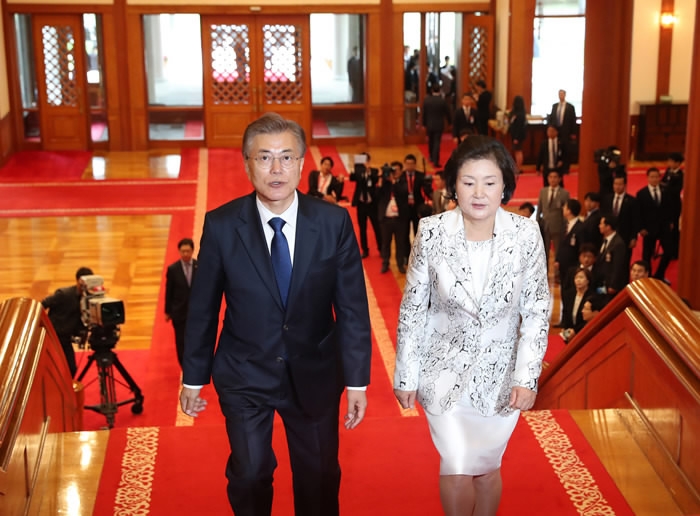
New South Korean President Moon Jae-in (L) and his wife enter the Blue House in Seoul, South Korea after his inauguration on May 10, 2017. /VCG Photo
Arrested for protesting against Park's father
Moon was born on January 24, 1953 on South Korea's southeastern island of Geoje, where his parents lived after fleeing the 1950-1953 Korean War.
Despite humble origins, he managed to excel in school and entered Kyung Hee University in the nation's capital Seoul, majoring in law.
As a student activist, Moon was jailed and expelled from university for protesting against the dictatorship of Park Chung-hee, Park Geun-hye's father, who ruled the country from 1961 to 1979.
The imprisonment forced Moon to join the army and serve in the special forces.
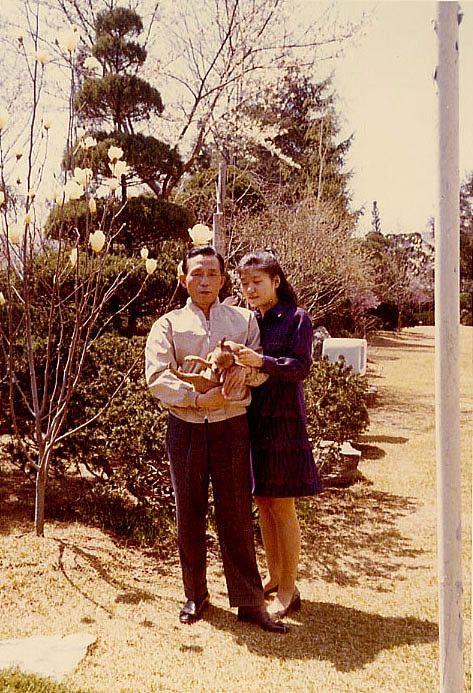
Young Park Geun-hye (R) with her father Park Chung-hee, who ruled South Korea from 1961 to 1979. /VCG Photo
'Shadow of Roh'
In 1982, 29-year-old Moon became a human rights lawyer in Busan, where he met fellow lawyer Roh Moo-hyun. Their friendship would prove to be crucial for Moon's political career.
When Roh became president in 2003, Moon served as his chief of staff and senior presidential secretary for civil affairs, and was dubbed the "Shadow of Roh."
Park Geun-hye, then a Grand National Party lawmaker, was believed to have played a key role in the impeachment motion against Roh in 2004. The Constitutional Court later ruled in favor of President Roh.
After resuming power in May 2004, Roh started to purge Park's family.
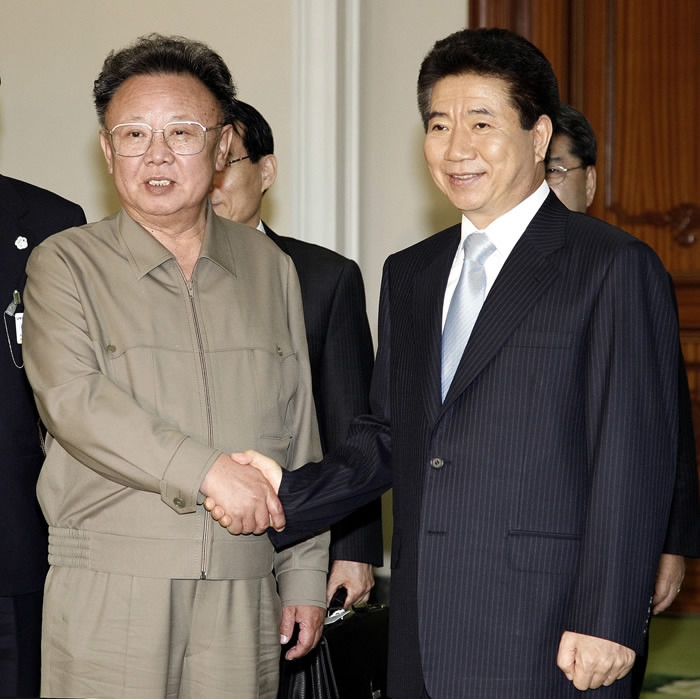
South Korean President Roh Moo-hyun (R) shakes hands with DPRK leader Kim Jong Il in Pyongyang, the DPRK on October 3, 2007. /VCG Photo
However, When Roh's tenure came to an end in February 2008, Lee Myung-bak, who was from the same conservative political camp as Park, became the president of South Korea and soon launched an investigation into bribery allegations against his predecessor.
Roh committed suicide on May 23, 2009 under huge pressure, leaving a suicide note that read "there are too many people suffering because of me." His death saw tensions between Moon and Park rise to new heights.
As Roh's confidant and top aide, Moon announced his death in a tearful statement and attended his funeral.
"What does Roh Moo-hyun mean in my life?" Moon wrote in his 2011 memoir. "He really defined my life. My life would have changed a lot if I didn't meet him. So he is my destiny."
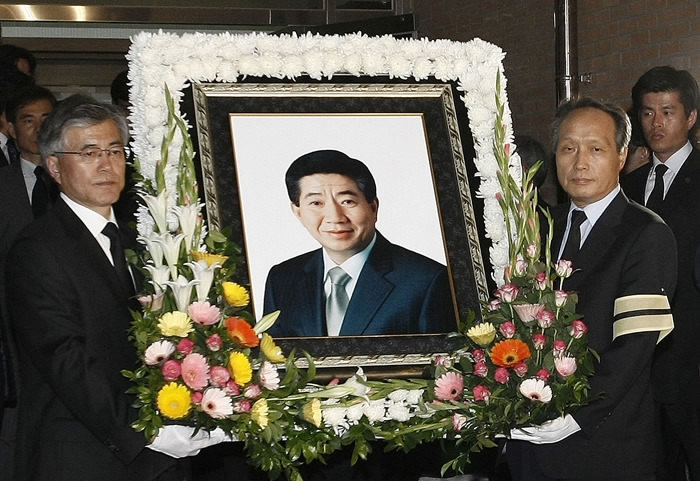
Moon Jae-in (L) carries a portrait of Roh Moo-hyun after his death on May 23, 2009. /VCG Photo
From narrow defeat to sweeping victory
Deciding to take up Roh's mantle, Moon competed against Park in the presidential election in 2012, narrowly losing to her by 51.6 percent to 48.0 percent.
His real chance came when Park was impeached and removed from office in March this year amid a corruption scandal, more than four years after becoming the first female president of South Korea.
In Tuesday's election, Moon secured a sweeping victory over his conservative and centrist rivals, by gaining over 13.4 million, or 41.1 percent of votes cast.
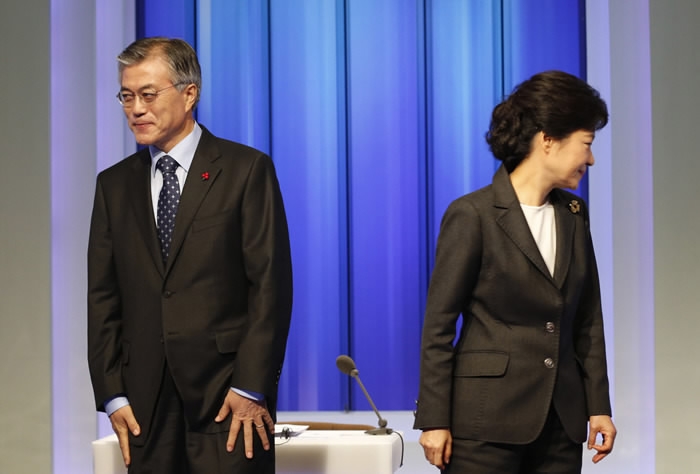
South Korea's presidential candidates Moon Jae-in (L) and Park Geun-hye return to their seats after posing before a televised debate in Seoul, South Korea on December 4, 2012. /VCG Photo
Moon Jae-in's inaugural speech as South Korean President
An advocate of the "sunshine policy" created by late liberal President Kim Dae-jung and championed by Kim's successor Roh, Moon favors dialogue and cooperation with the Democratic People's Republic of Korea (DPRK).
"I will do everything I can to build peace on the Korean Peninsula," he said in his inaugural speech on Wednesday, sending a positive signal to cool tensions on the peninsula that had dramatically intensified during Lee and Park's terms. Moon told the national assembly in Seoul, "if the conditions are right, I will go to Pyongyang."
Related stories:









